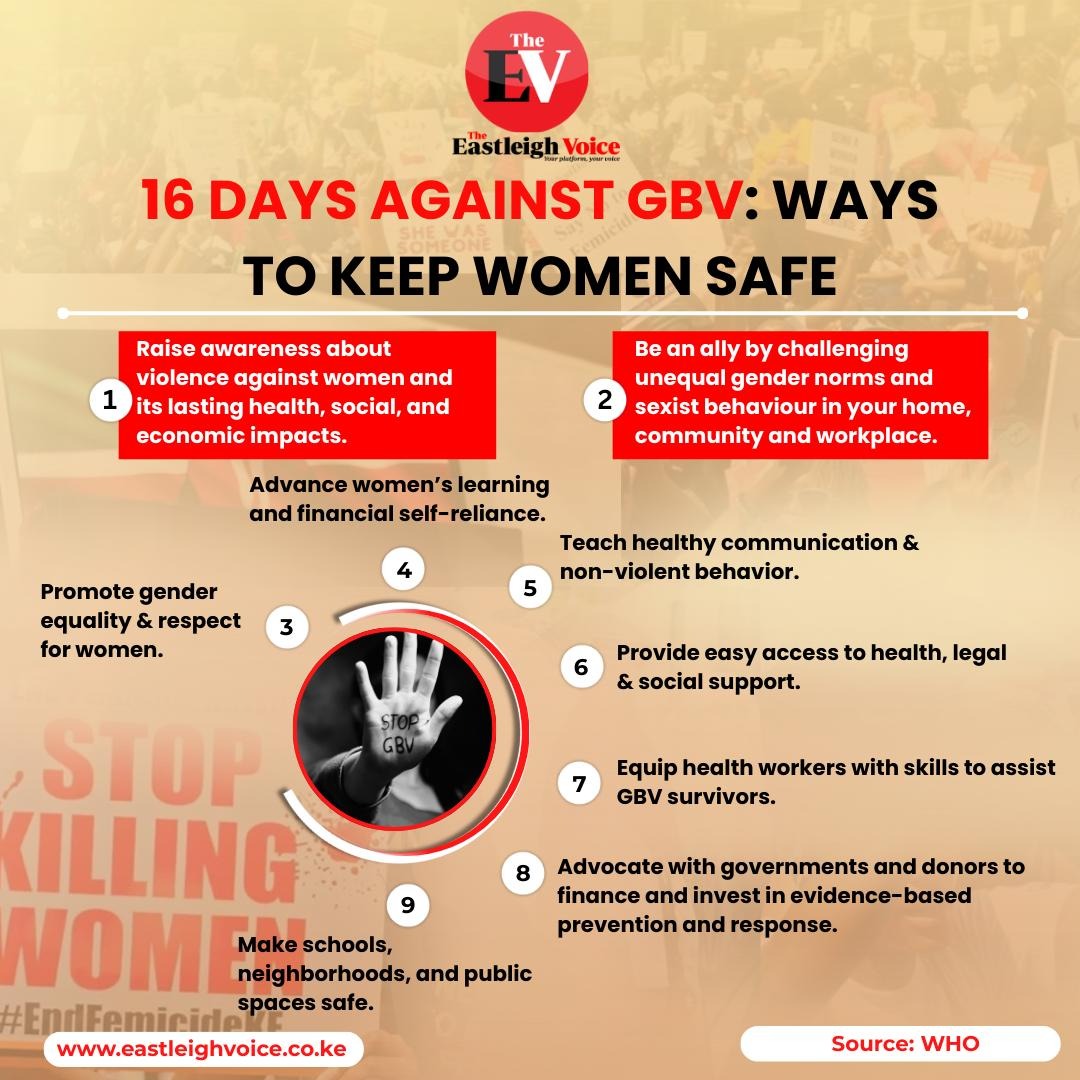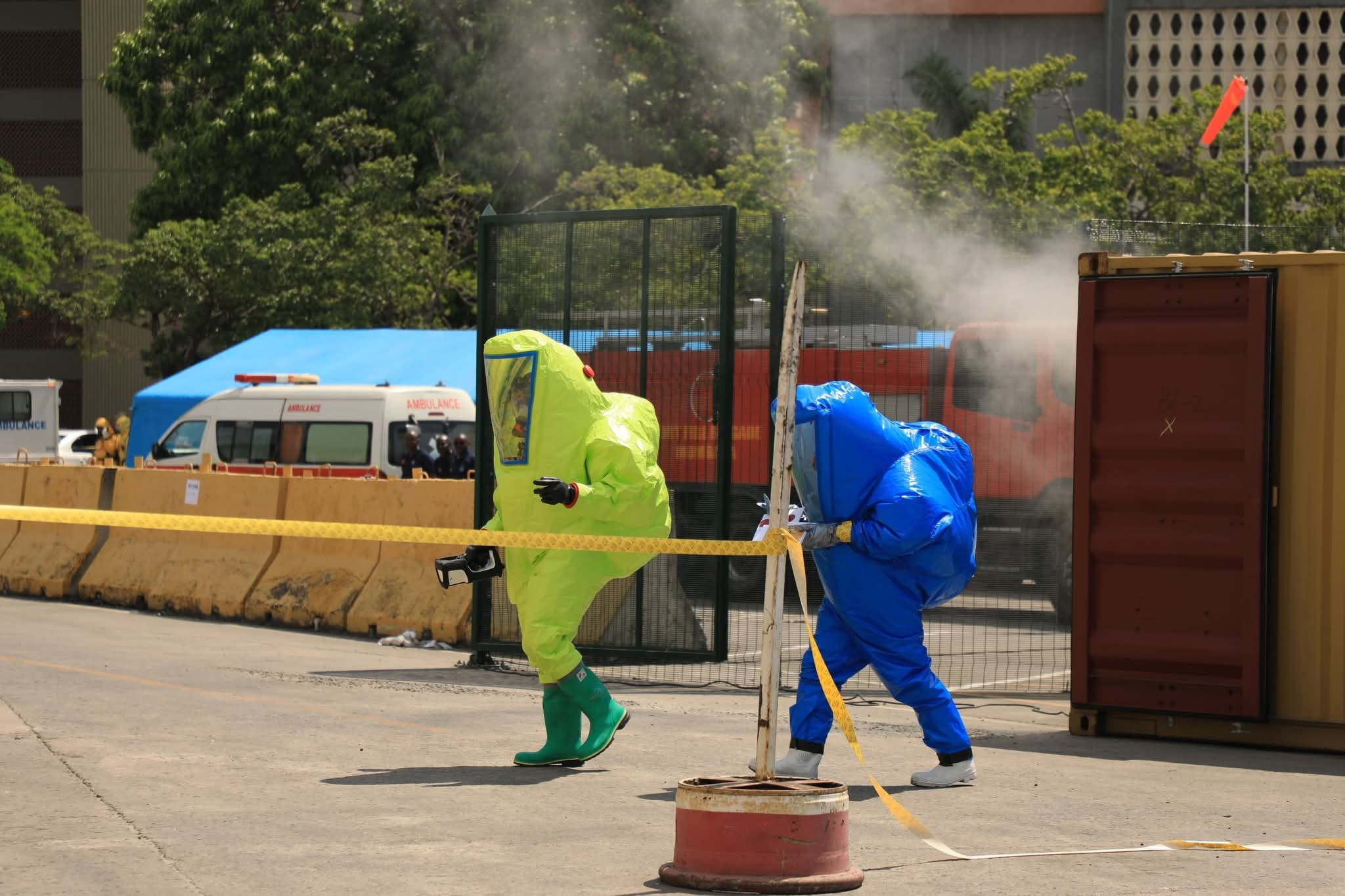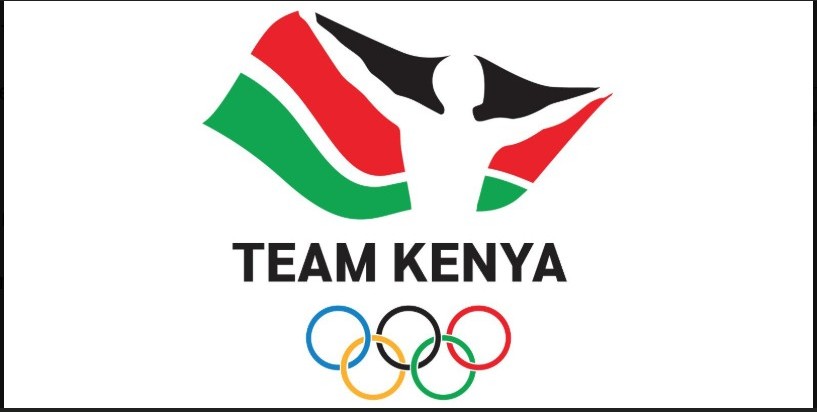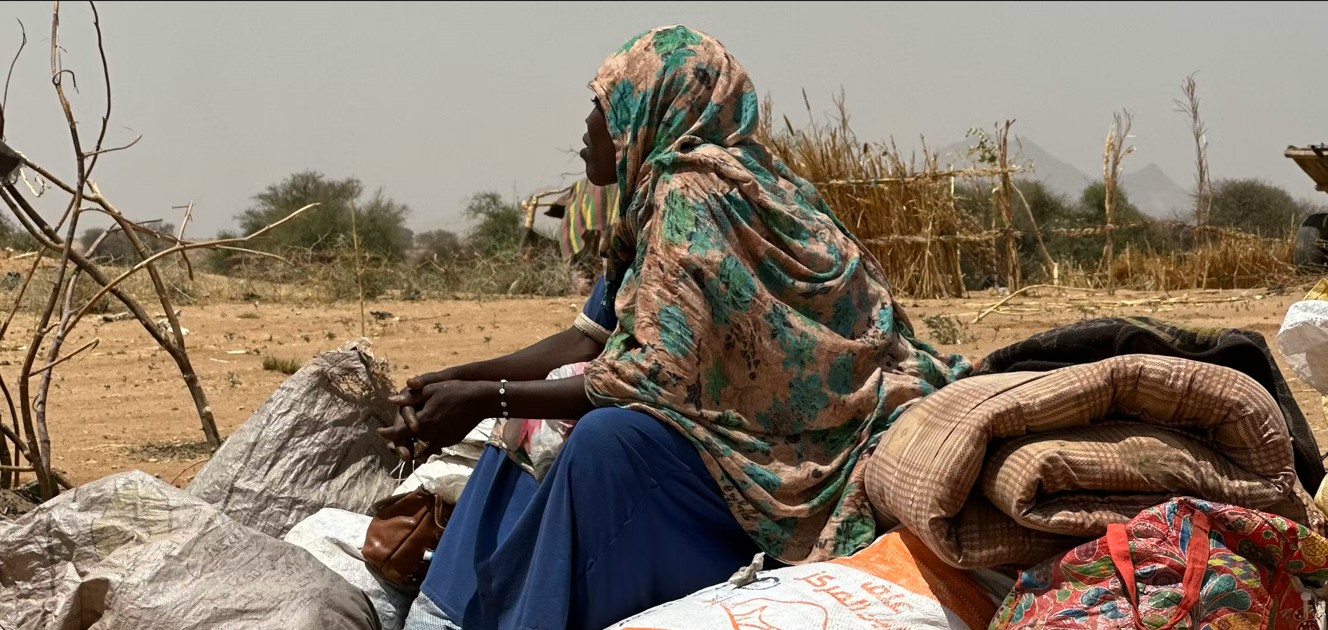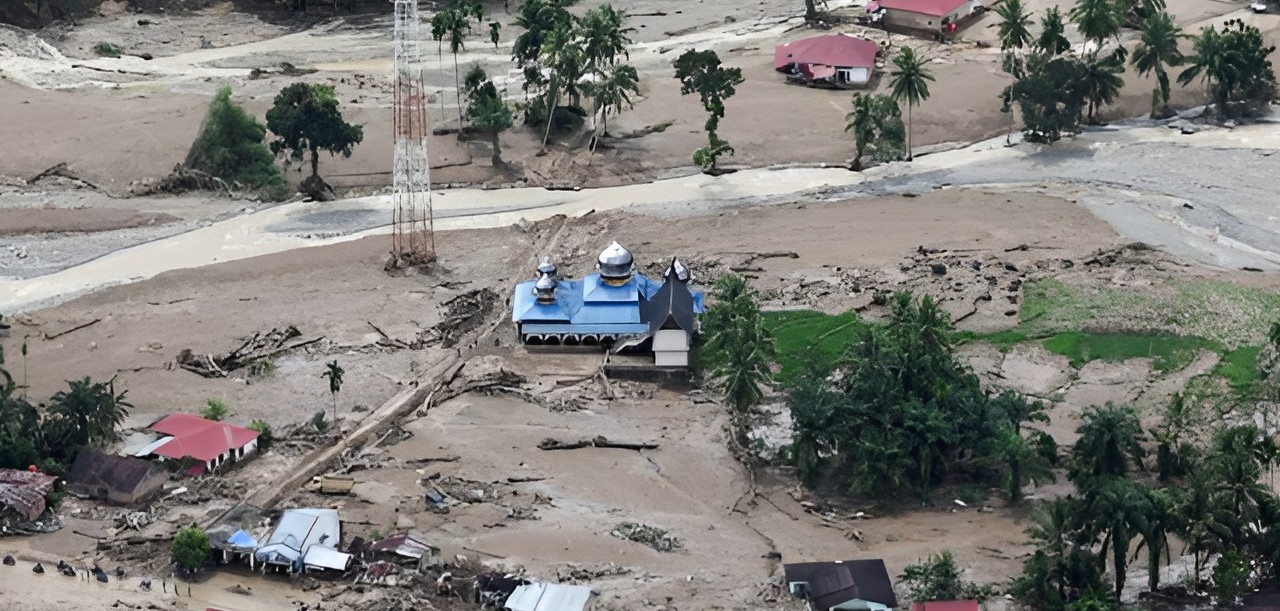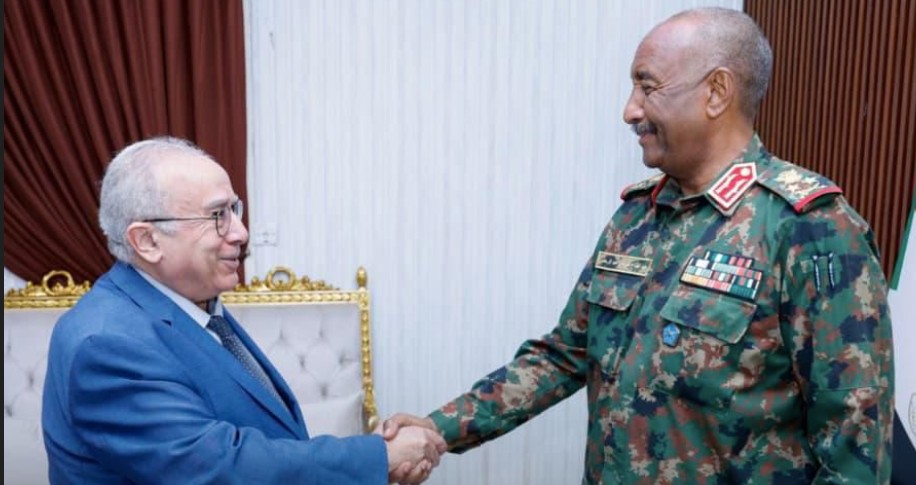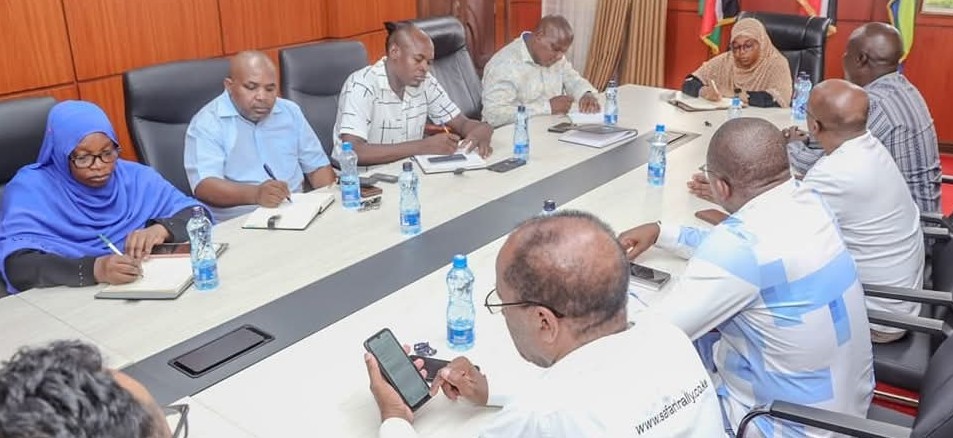Government says unlicensed dental services providers face Sh10 million fine
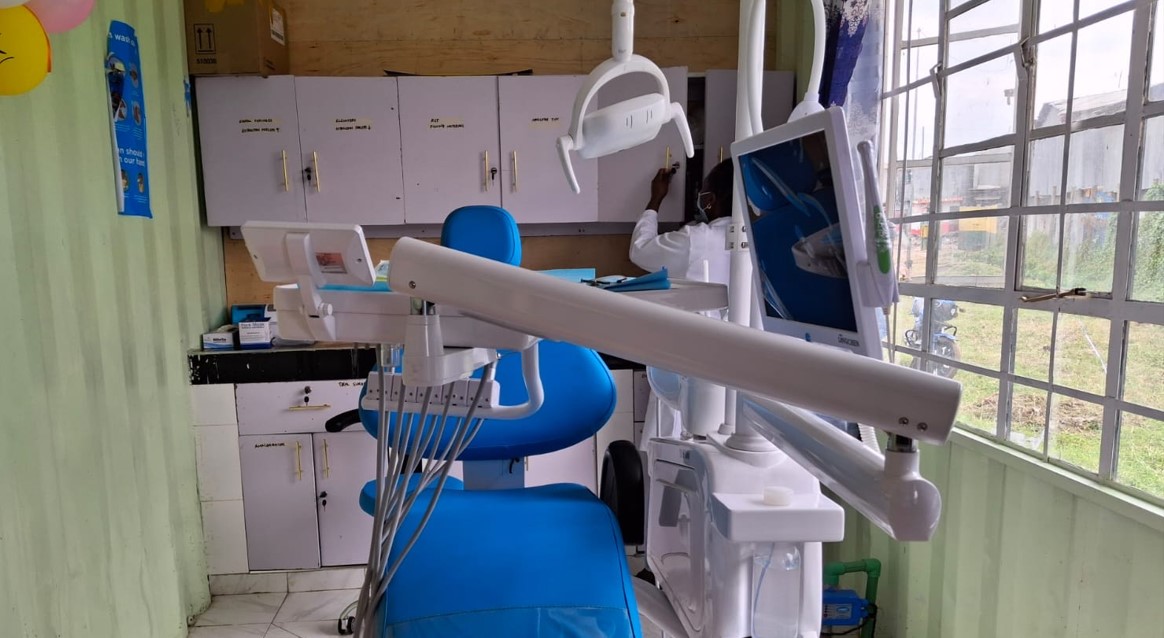
The crackdown on unregistered dental clinics is part of a wider government effort to address unauthorised medical practices across the country.
The government has warned unregistered health facilities and unauthorised practitioners offering dental services, threatening strict penalties for non-compliance.
In a notice on Tuesday, the Kenya Medical Practitioners and Dentists Council (KMPDC) CEO David Kariuki urged the public to avoid using unlicensed dental services due to potential risks.
More To Read
- South Korean scientists develop patch to regrow human teeth
- Study highlights emotional strain among Kenyan nurses
- KMPDC reminds practitioners and health facilities to renew 2026 licences
- KMPDC orders hospital, funeral home to release bodies held over unpaid bills
- Counties undermining UHC by redirecting reimbursements, Health Committee says
- Report lays bare Kenya’s failing healthcare system
The KMPDC, which is responsible for regulating medical and dental practices in Kenya, noted that such facilities are operating illegally and may put patients' health in jeopardy.
The government is taking a firm stance against individuals and health facilities offering dental services without proper registration.
According to Section 22(5) of CAP 253, anyone caught operating an unregistered health facility may face a fine of up to Sh10 million or imprisonment for up to five years.
Kariuki reminded both medical practitioners and the public that these legal provisions are intended to safeguard the quality and safety of health services in the country.
"A person who uses premises as a health institution whose premises are not licensed as a health institution commits an offence and shall be liable on conviction to a fine not exceeding 10 million shillings or imprisonment for a term not exceeding five years or to both," reads the notice.
Unauthorised dental clinics
The warning particularly targets dental clinics that offer unauthorised services, including the placement of dental braces and teeth whitening, practices commonly found in some unregistered outlets.
The council noted that such procedures should only be carried out in health facilities that are registered and licensed by the relevant authorities.
The KMPDC also highlighted that certain facilities, such as laboratories and pharmacies, have been offering services outside the scope of their registration.
The council reminded these facilities that they should only provide services that are explicitly authorised under their registration.
"Medical and dental services can only be provided in health facilities that are registered and licensed to operate in Kenya. Standalone laboratories and pharmacies are registered and licensed within their regulatory framework for the specific purposes of diagnostic testing and medication dispensing," the KMPDC added.
The public notice further called attention to specific dental practices, such as the use of "dental braces" in unauthorised settings.
The placement of braces is considered an invasive procedure, and only licensed practitioners in registered health facilities are permitted to carry out such treatments.
This crackdown on unregistered dental clinics is part of a wider government effort to address unauthorised medical practices across the country.
Hair transplants and other procedures
In addition to dental services, the government is focusing on other health-related procedures that have gained popularity in unauthorised settings, such as hair transplants, laser hair removal, and even waxing.
The KMPDC stressed that procedures involving injections, local anaesthesia, or any form of dental intervention are considered medical services.
As such, they must be carried out only by licensed practitioners in registered medical facilities.
Some of the procedures under scrutiny include liposuction, botox, facial rejuvenation, micro-needling, and the placement of dental implants or braces, among others.
"Invasive procedures such as those involving injection of medications, procedures requiring local anaesthetics, and procedures on teeth are considered medical services and are required to be undertaken in health facilities and by practitioners that are registered and licensed," the KMPDC said.
Top Stories Today





